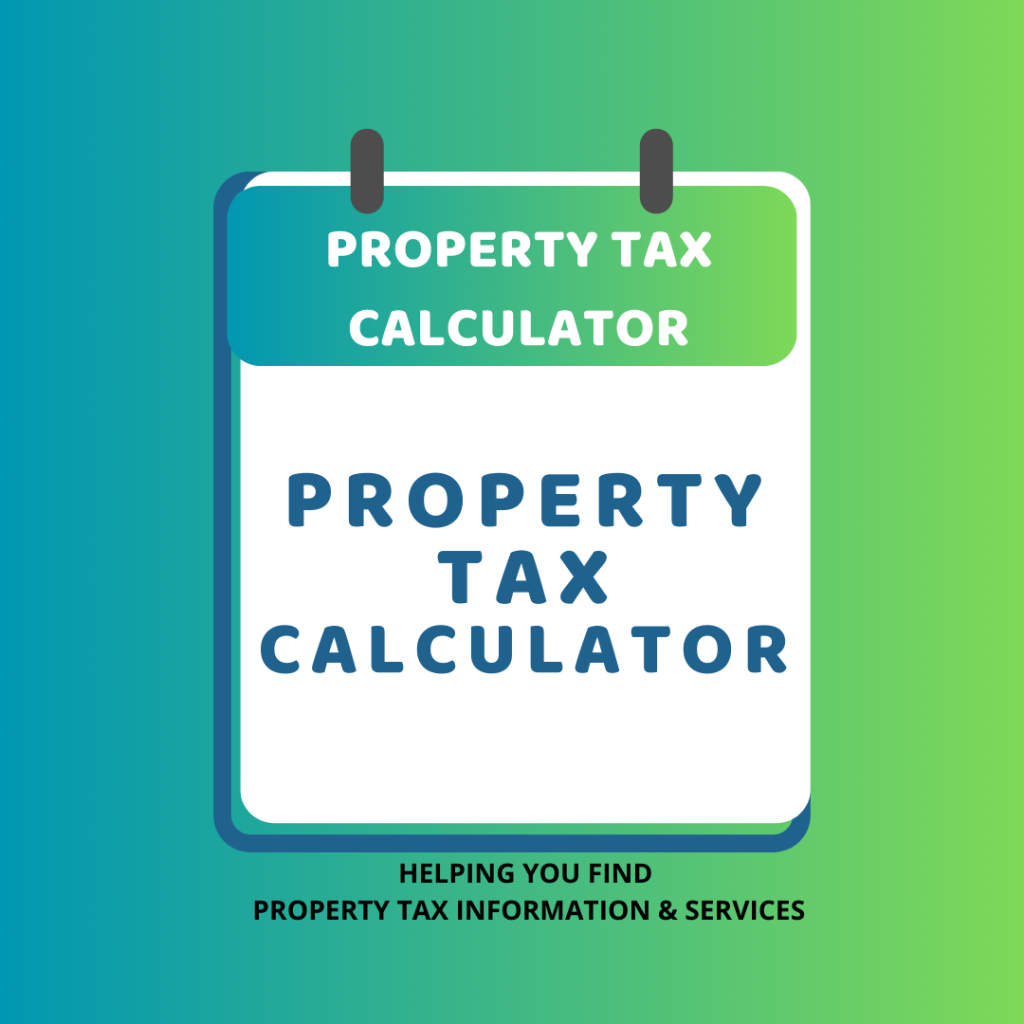
Navigating rental income tax in Kenya can be a daunting task for landlords and property investors. With changing regulations and complex calculations, it’s crucial to stay informed and compliant. Whether you’re a seasoned property owner or new to the rental market, understanding your tax obligations is key to managing your investments effectively. In this comprehensive guide, we break down everything you need to know about rental income tax in Kenya for 2024. From key regulations and tax rates to tips for maximizing your tax efficiency, we’ve got you covered.
Understanding Rental Income Tax in Kenya
Rental income tax is a critical aspect of property management that affects both individuals and companies. The Kenya Revenue Authority (KRA) mandates that income derived from renting out properties, whether residential or commercial, is taxable. Here’s what you need to know:
- What is Rental Income Tax?
Rental income tax refers to the tax imposed on the earnings generated from leasing or renting out property. In Kenya, this tax is applicable to both residential and commercial properties. Understanding the specifics of how rental income is taxed can help you avoid penalties and make informed financial decisions.
- Tax Rates for Individuals and Companies
- Individuals: Rental income for individuals is taxed as part of their overall income. Kenya employs a progressive tax rate system:
- 10% on income up to KES 288,000 annually
- 25% on income between KES 288,001 and KES 388,000
- 30% on income exceeding KES 388,000
- Companies: Companies that earn rental income are taxed at a flat rate of 30%. This straightforward approach helps businesses maintain clarity in their tax obligations.
- Allowable Deductions
Landlords can benefit from various allowable deductions to reduce their taxable income:
- Maintenance Costs: Expenses incurred in repairing and maintaining the property.
- Property Management Fees: Fees paid to property managers or agents.
- Insurance: Premiums for insuring the rental property.
- Mortgage Interest: Interest on loans used to finance the property.
- How to Calculate Your Rental Income Tax
To accurately calculate your rental income tax, follow these steps:
- Determine Your Total Rental Income: Sum up all rental payments received throughout the year.
- Subtract Allowable Deductions: Deduct eligible expenses to determine your taxable income.
- Apply the Tax Rates: Use the applicable tax rate based on whether you are an individual or a company.
- Calculate the Tax Payable: Multiply your taxable income by the relevant tax rate to find the total tax due.
Frequently Asked Questions
- What if I don’t declare my rental income?
Failure to declare rental income can result in significant penalties, including fines and interest on unpaid taxes. The KRA actively audits property owners to ensure compliance.
- Can I claim depreciation on my property?
Yes, depreciation on rental properties can be claimed as a deduction. This helps account for the wear and tear of the property over time.
- How often should I file my tax returns?
Rental income tax returns should be filed annually through the KRA iTax platform. Ensure you keep accurate records of your income and expenses throughout the year.
- What is the penalty for late payment of rental income tax?
Late payment of rental income tax attracts penalties and interest. The KRA imposes these to encourage timely compliance and cover the cost of late submissions.
- Are there any recent changes in rental income tax regulations?
Stay updated with the latest tax regulations by regularly checking the KRA website or consulting a tax professional. Tax laws may change, affecting rates and allowable deductions.
Tips for Effective Tax Management
- Keep Accurate Records: Maintain detailed records of all rental income and expenses to ensure accurate tax calculations.
- Seek Professional Advice: Consult with a tax advisor to optimize your deductions and stay compliant with current regulations.
- Utilize Technology: Leverage accounting software or apps to track income and expenses efficiently.
- Review Tax Regulations Annually: Stay informed about any changes in tax laws to adjust your tax strategy accordingly.
